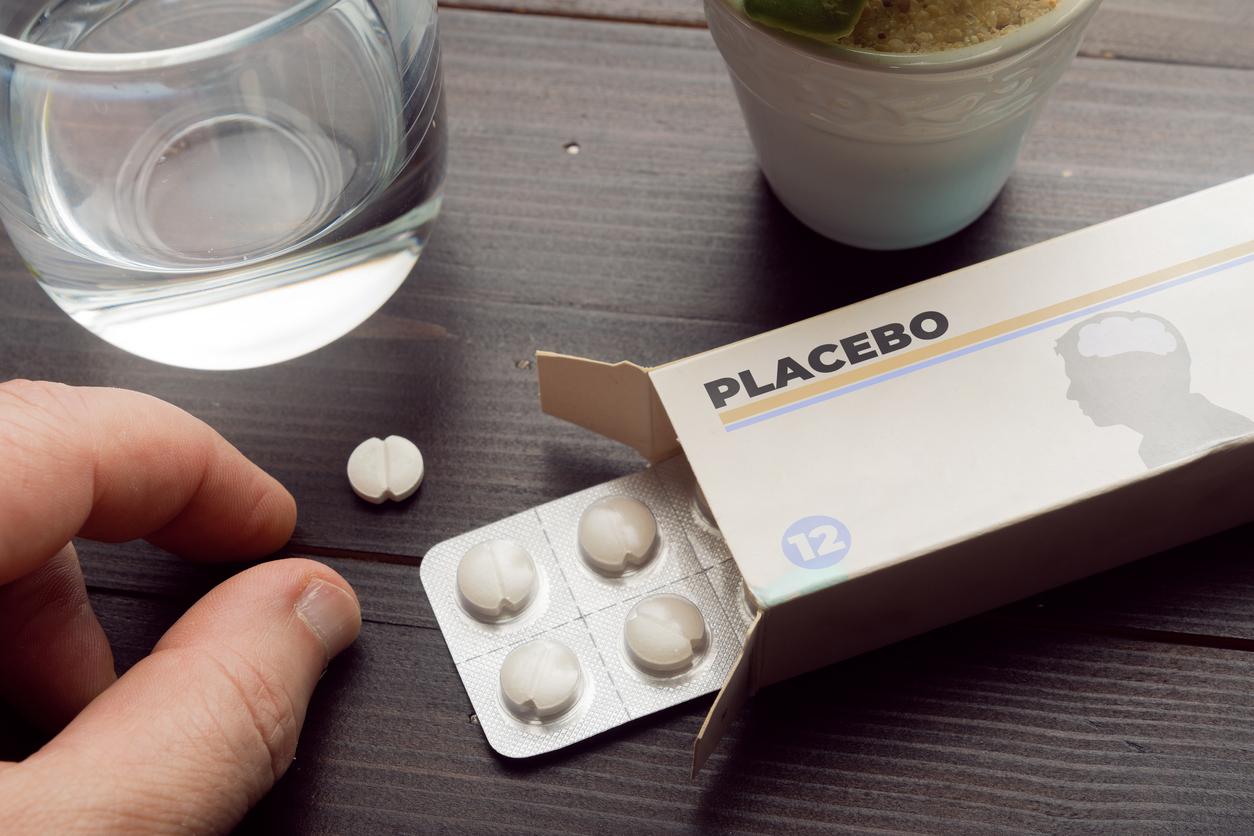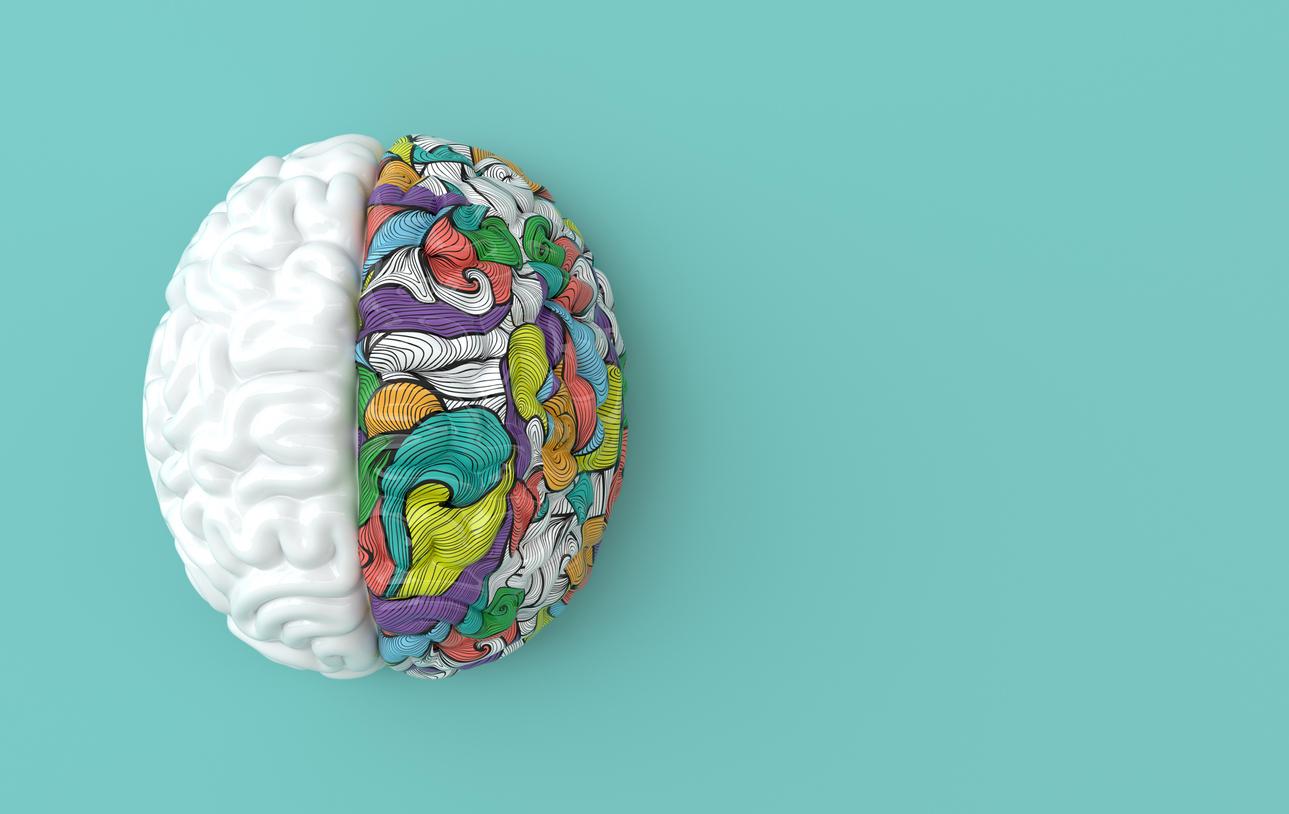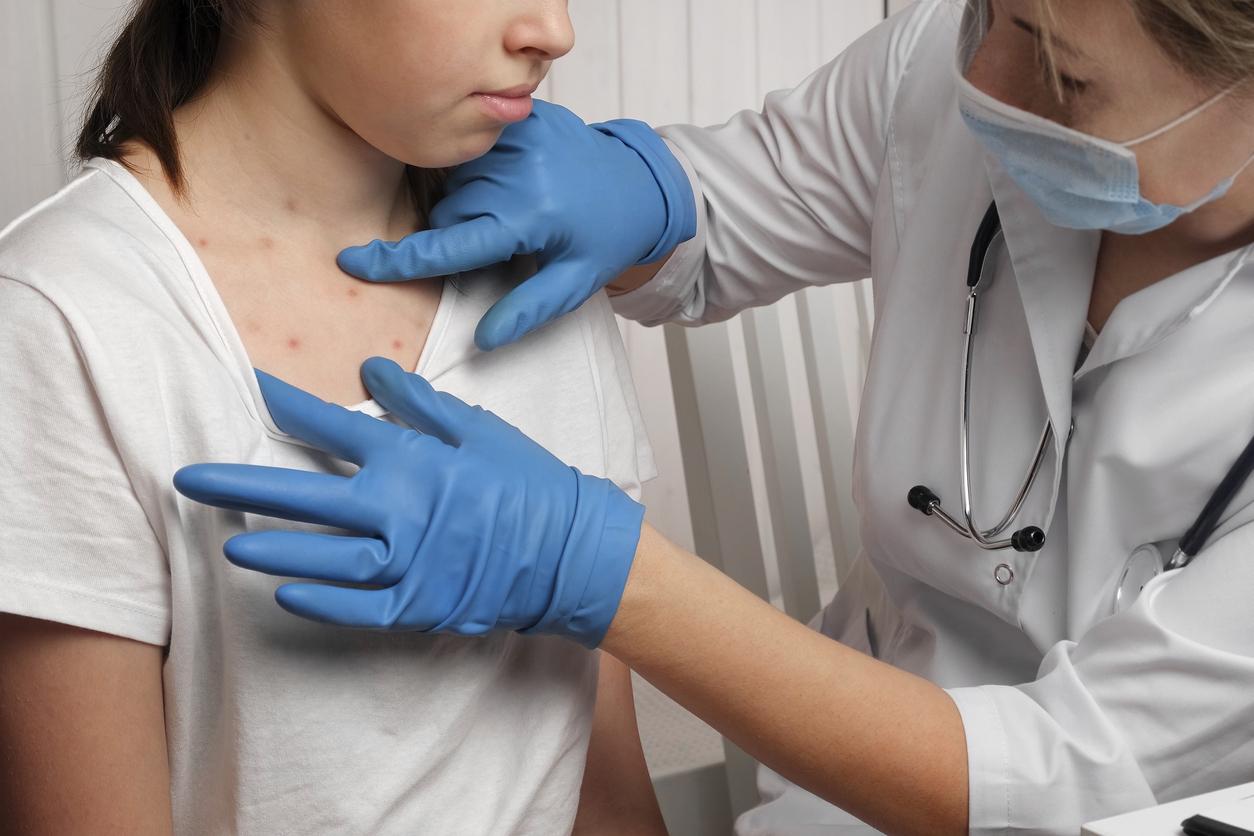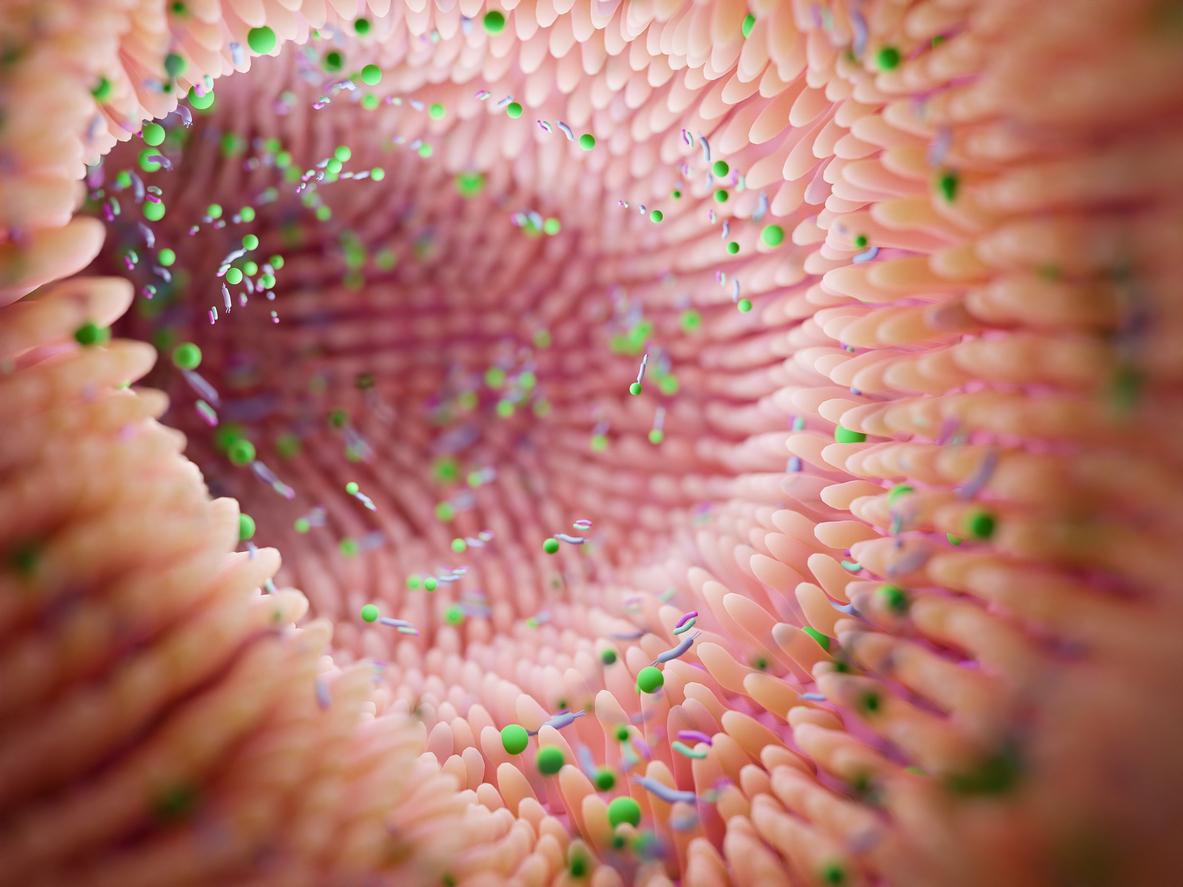Researchers have shown that placebos are effective in reducing symptoms of stress and anxiety, even when the patient knows they are taking a pill with no active ingredient.

- The study involved 61 young adults. Participants were randomly assigned to two groups: one that received a placebo (knowing it was a placebo) and a control group that received no treatment.
- After just two weeks, the placebo group reported significant reductions in their stress compared to the control group. “They experienced less COVID-related stress, lower overall stress levels, and fewer symptoms of anxiety and depression.”
- These improvements occurred even though participants knew they were taking inactive pills. This challenges “the long-held belief” that placebos only work when people are fooled into thinking they are receiving an active treatment.
How much can the mind heal the body? The question is worth asking as, according to a new study published in the journal Applied Psychology: Health and Well-Beingplacebo pills can effectively reduce symptoms of stress and anxiety…even when the patient is aware they are taking a “fake” medication.
Even a non-misleading placebo is effective against stress
To reach this conclusion, researchers from Michigan State University, the University of Miami and the University of California-San Francisco, in the United States, conducted a two-week experiment during the Covid-19 pandemic, with the aim of seeing whether placebos, these imitations of drugs without active ingredients, could help people suffering from chronic stress due to the health context.
The study involved 61 young adults, mostly women. Participants were randomly assigned to two groups: one that received a placebo and a control group that received no treatment. The placebo group watched educational videos about how placebos work and were instructed to take placebo pills twice a day for two weeks. The volunteers knew they were taking a pill with no active ingredients, but that it could still have beneficial effects. The scientists then assessed their levels of COVID-related stress, overall stress, anxiety, and depression via questionnaires at the beginning, middle, and end of the study.
The results were clear. After just two weeks, the placebo group reported significant reductions in their stress compared to the control group. “They experienced less COVID-related stress, lower overall stress levels, and fewer symptoms of anxiety and depression,” can we read in a press release.

Placebos to better treat mental health disorders
What’s particularly remarkable, the researchers say, is that these improvements occurred even though participants knew they were taking “ineffective” pills. This calls into question “the long-held belief” that placebos only work when people are deceived into receiving an active treatment. “This makes the non-deceptive placebo a good candidate for patients who suffer from significant symptoms of stress, anxiety and depression.”
These findings could have implications for better treating mental health, particularly in situations where conventional therapies may be difficult to access or too time-consuming. “Non-deceptive placebos offer a low-cost, low-effort alternative that could help prevent stress from developing into more serious mental health problems over time.”the authors conclude.
















